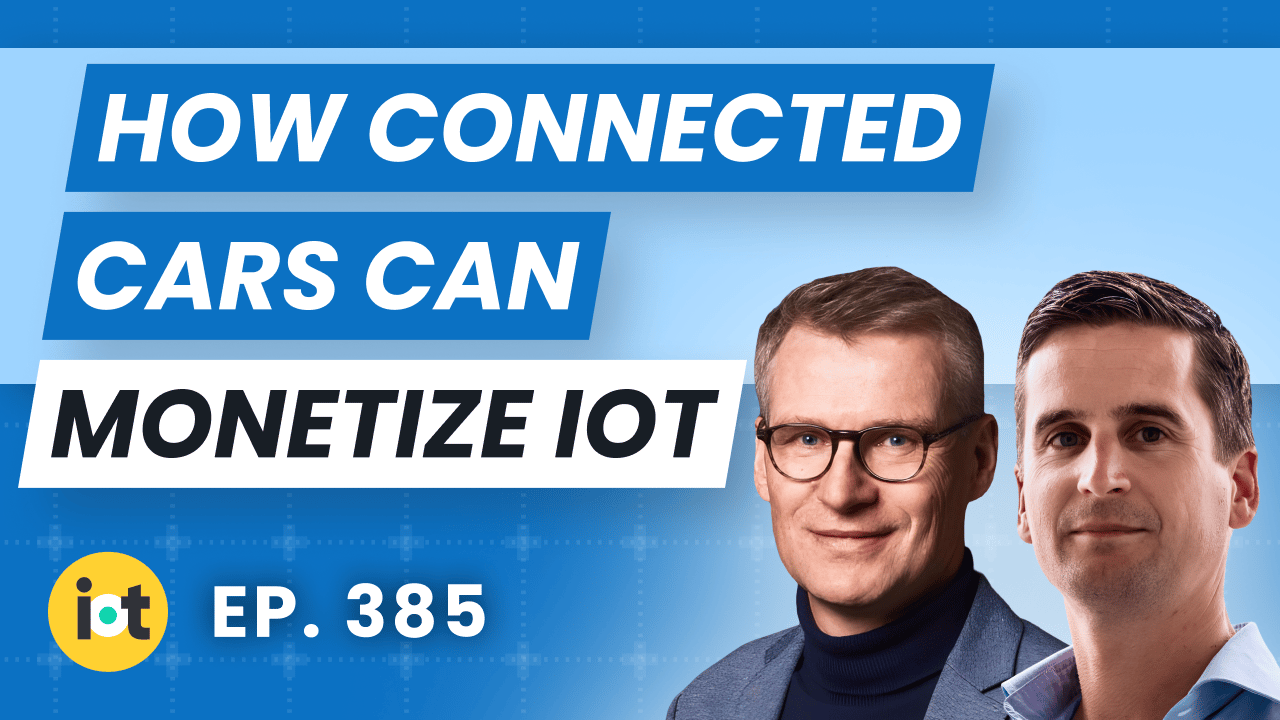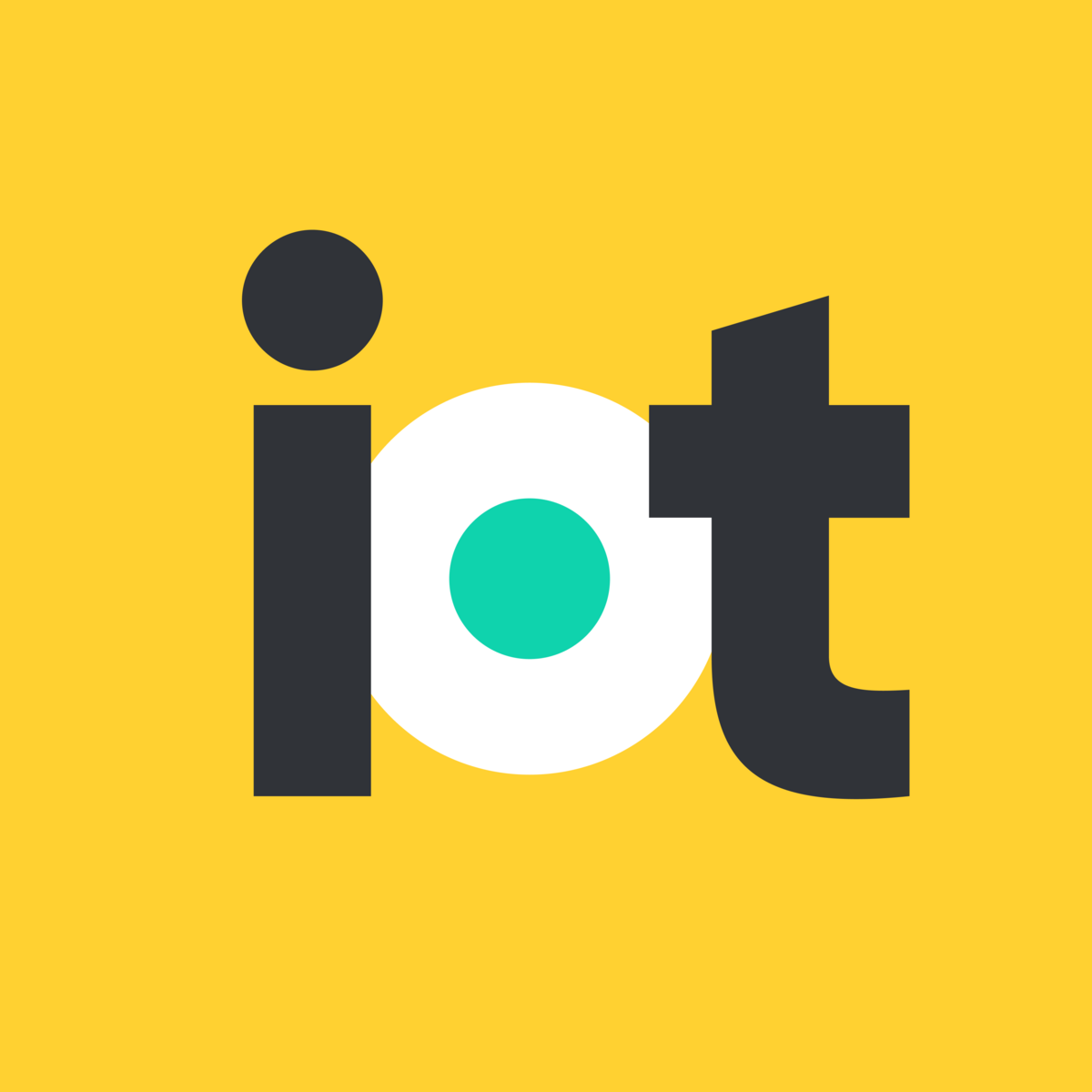Hello readers!
This week we’re talking about what could be the next step for IoT-powered smart homes: reading your mind (so to speak). That, plus eSIM hardware for the future, plug-and-play IoT gateways. And more!
The Smart Home with a Sixth Sense

The Internet of Things has quietly moved from tracking our steps to tracking our states of mind. A recent academic study, Harnessing Home IoT for Self-tracking Emotional Wellbeing, explores how connected devices from smart speakers to lighting systems are shaping how people reflect on their emotions, behaviors, and daily routines.
Participants used home IoT setups not only to monitor activity but to observe patterns of mood and motivation. Subtle cues, like when lights dimmed, playlists changed, or motion sensors registered quiet periods, became indicators for inhabitants’ mental states. Over time, these feedback loops encouraged small behavioral shifts: going to bed earlier, adjusting lighting to reduce stress, or noticing correlations between ambient noise and emotional energy. The study suggests that IoT devices, when designed thoughtfully, can act less like data collectors and more like partners in self-awareness.
But the same features that can make IoT emotionally perceptive can also make it feel intrusive. Continuous sensing blurs the line between wellness support and digital surveillance. Participants voiced concerns about who controls the data, how it’s interpreted, and what it reveals about private life. The researchers found that comfort levels with emotional tracking were “situational”; users were more accepting when they could see the benefit or control the data, and wary when collection felt opaque or automated.
For designers, the next frontier is using sensors and smart devices to build emotionally intelligent systems that know when not to listen. Building trust will depend on transparency, contextual consent, and interfaces that make emotional data feel like a tool for self-reflection rather than a corporate asset.
If IoT once promised to make our homes intelligent, the new question is whether it can also make them empathetic. And what it means when machines begin to know how we feel.
📖 Top Articles
Over the past decade, SIM cards have evolved from removable plastic components into embedded chips, enabling everything from global smart meter deployments to the rise of connected wearables. This evolution is redefining what engineers and product leaders can achieve in terms of size, reliability, and connectivity at scale.
The Internet of Things (IoT) has promised to revolutionize industries for over a decade. Yet despite billions of connected devices worldwide, one stubborn challenge remains: getting IoT deployed quickly and at scale.
According to multiple industry reports, a significant percentage of IoT projects never make it past the pilot stage. The reasons vary, but one barrier stands out: complex deployments.
Today, with VisionAI serving as “the eyes” of intelligent machines, we’ve crossed a threshold. Production equipment is no longer just a set of tools—they’re perceptive partners, capable of seeing, understanding, and responding to the world around them. VisionAI stands out as uniquely powerful in industrial production, capturing the physical world in ways previously unavailable and enabling a reimagining of manufacturing processes.
🔥 Rapid Fire
G+D powers next-gen connectivity with first SGP.32 eSIM integration in Amazon’s eero Signal
Technis accelerates global smart space solutions with akenza IoT platform
AI and IoT are boosting confidence in asset management
How the AWS outage broke the Internet of Things
Ultra-compact semiconductor could power next-gen AI and 6G chips
General Mills’ digital roadmap includes agentic infrastructure, digital twins, and AI personas
Next-gen multimodal GenAI processors target the AIoT edge
🎙 The IoT For All Podcast
In the latest episode of the IoT For All Podcast, Harald Fuchs, CEO of Freeeway, and Mark van den Berg from KPN IoT join Ryan Chacon to discuss how rising data consumption in connected cars is reshaping the automotive industry and turning connectivity from a cost to a monetized service. The conversation covers IoT monetization strategies, connected cars as entertainment hubs, autonomous driving, digital services within vehicles, including payment integrations, connected cars in China, and evolving business models in automotive IoT.
🗓 Events & Webinars

IoT Tech Expo Global 2026: Real-world IoT insights & top industry speakers.
Olympia, London
February 4-5, 2026
One of world’s largest IoT and enterprise technology events is back in London this February. The event will host 8,000+ senior tech professionals for two action-packed days of strategic insight, groundbreaking innovation, and powerful networking.
📖 White Papers & eBooks
Bring seamless, secure eSIM delivery to production lines worldwide with the Kigen In-Factory Profile Provisioning (IFPP) Trial Kit.
Explore IoT trends, challenges & AI impact in 2025 - insights from 1,200 leaders across six key sectors shaping the future.







